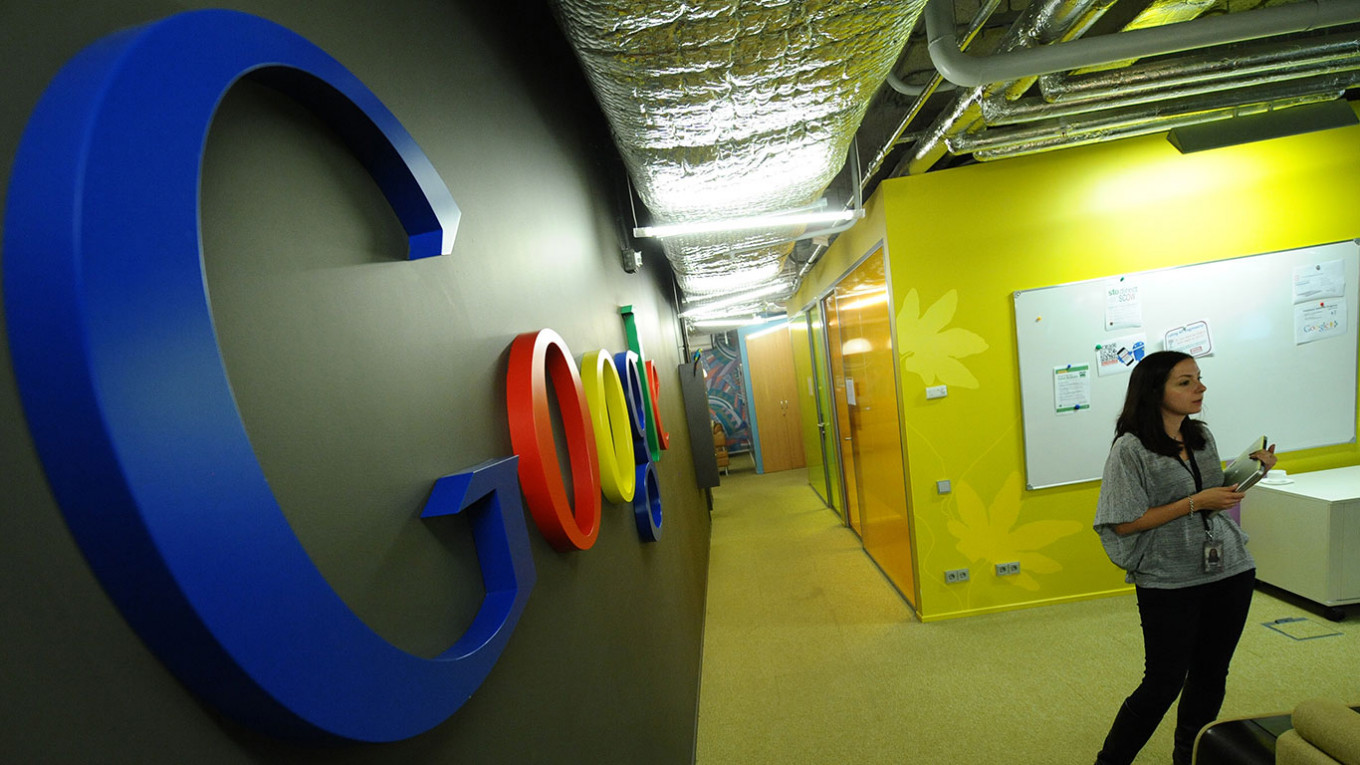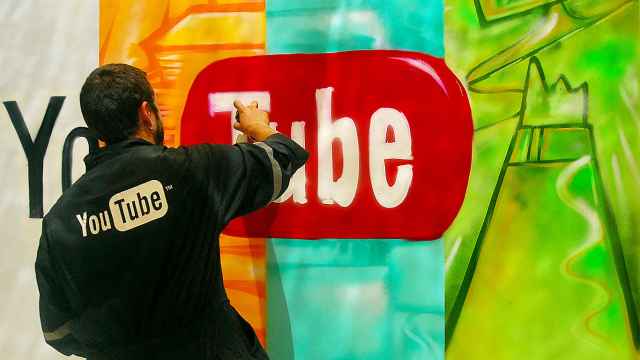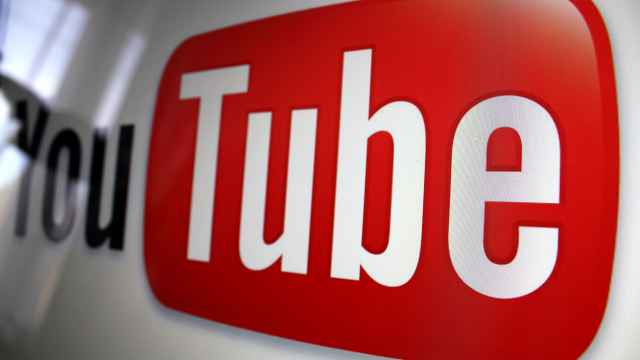Google has begun evacuating its staff from Russia as the tech giant risks becoming the latest target of an unprecedented crackdown on free speech amid Moscow's deadly invasion of Ukraine, Bloomberg reported Tuesday, citing unnamed sources.
The web giant has in recent weeks begun assisting some of its 244 employees who had expressed interest in relocating from Russia, Bloomberg cited unnamed people familiar with the decisions as saying.
Google suspended advertising in Russia following the invasion and its YouTube video hosting service said it has removed more than 1,000 channels related to the invasion — including one run by Russia’s Defense Ministry — for violating its content policies.
“Our policies prohibit content denying, minimizing or trivializing well-documented violent events, including Russia’s invasion in Ukraine,” Google said.
The aggressive moderation of pro-Russian media reportedly prompted worries among YouTube managers that Russia would ban the popular service in retaliation.
Russia’s media regulator accused YouTube of “terrorist” behavior for running since-removed ads calling for sabotage of Russian and Belarusian railways, and state media has reported that YouTube could be banned as soon as this week.
Banning YouTube would deal a major blow to free speech within Russia, as the site has been a key platform for opposition-minded Russians to voice their views without censorship.
There are no indications yet that Google’s popular search engine faces a similar risk of being banned in Russia.
A Russian court banned Facebook and Instagram as “extremist” Monday, days after blocking access to the social media giants in the country.
Google joined hundreds of foreign firms in complying with Western sanctions following Russia’s invasion of Ukraine, announcing a halt to its advertising business in the country.
Industry experts say advertisers would face difficulties substituting ad revenue from YouTube, according to a recent report by the business website RBC. A number of advertisers have begun transferring their content to Russian alternatives, including Yandex and VK.
“There’s RuTube and a few other platforms that will gain popularity, but it will take a few months for advertisers to master them,” RBC quoted Alexander Papkov, CTO at the Moscow-based Media Direction Group, as saying.
Russia has increased pressure on mostly U.S.-based tech companies in recent years for what it calls interference in Russia’s domestic affairs and other infractions.
In the past year, Russian courts have levied increasingly crippling fines on Google for regularly failing to take down content deemed illegal in Russia.
A Message from The Moscow Times:
Dear readers,
We are facing unprecedented challenges. Russia's Prosecutor General's Office has designated The Moscow Times as an "undesirable" organization, criminalizing our work and putting our staff at risk of prosecution. This follows our earlier unjust labeling as a "foreign agent."
These actions are direct attempts to silence independent journalism in Russia. The authorities claim our work "discredits the decisions of the Russian leadership." We see things differently: we strive to provide accurate, unbiased reporting on Russia.
We, the journalists of The Moscow Times, refuse to be silenced. But to continue our work, we need your help.
Your support, no matter how small, makes a world of difference. If you can, please support us monthly starting from just $2. It's quick to set up, and every contribution makes a significant impact.
By supporting The Moscow Times, you're defending open, independent journalism in the face of repression. Thank you for standing with us.
Remind me later.






